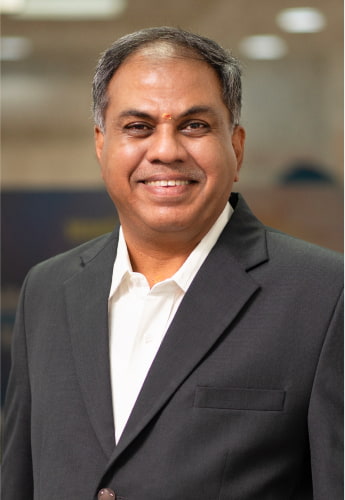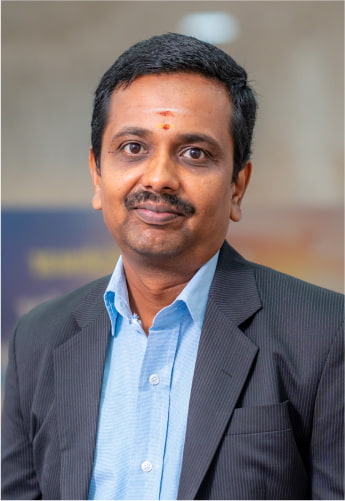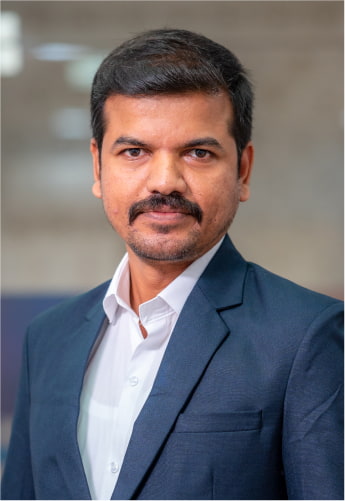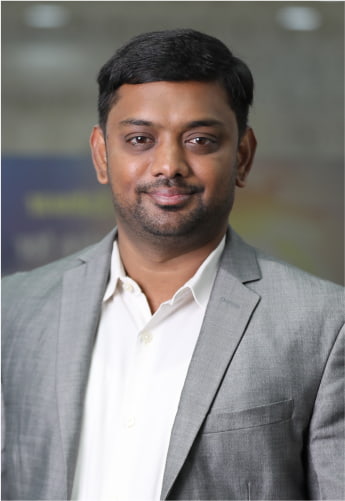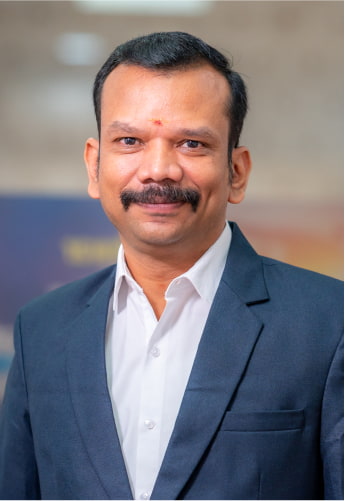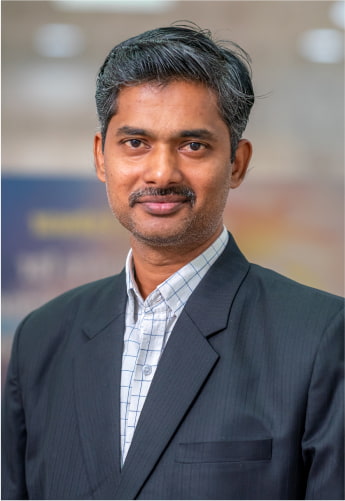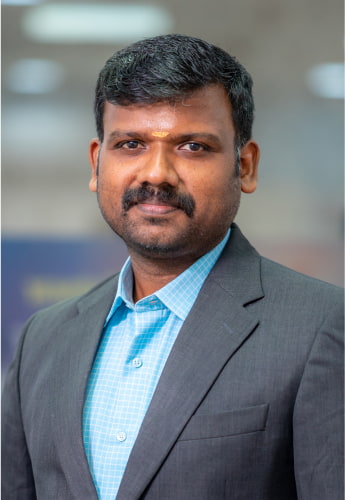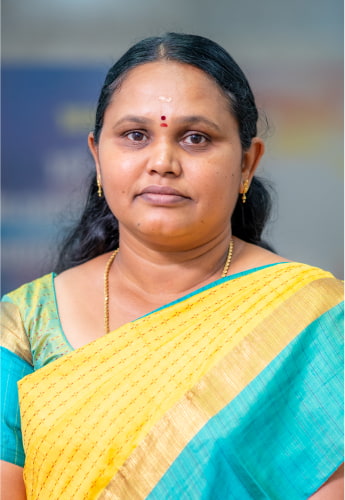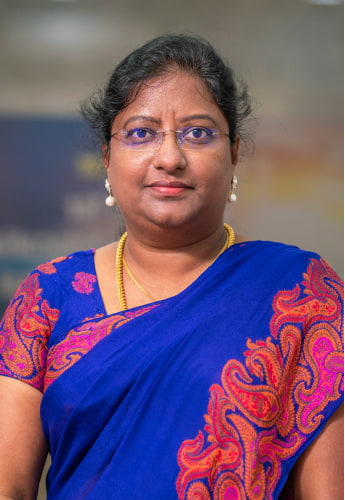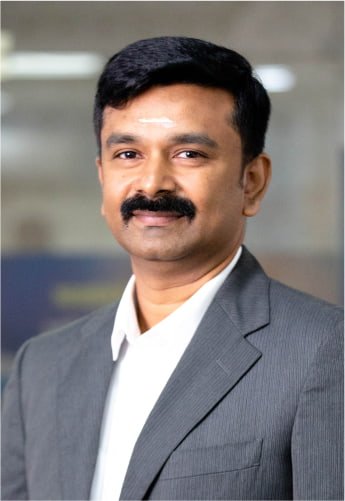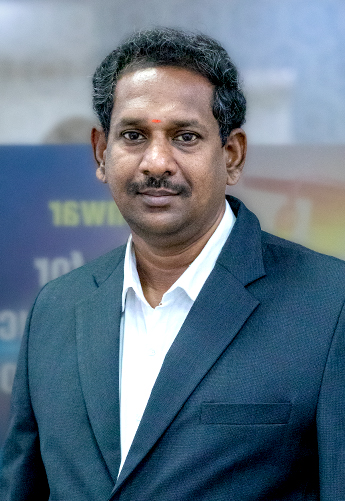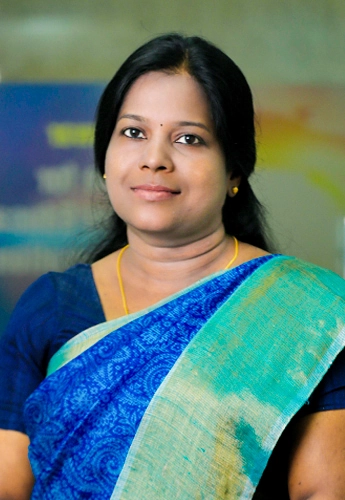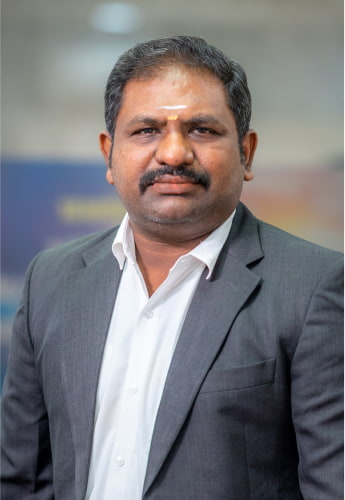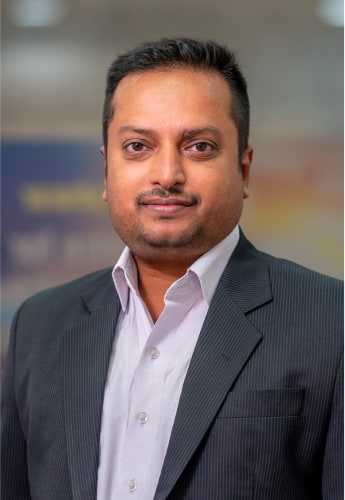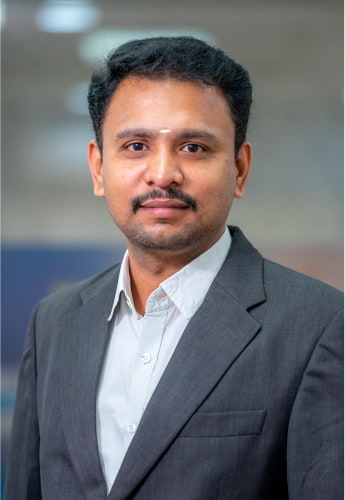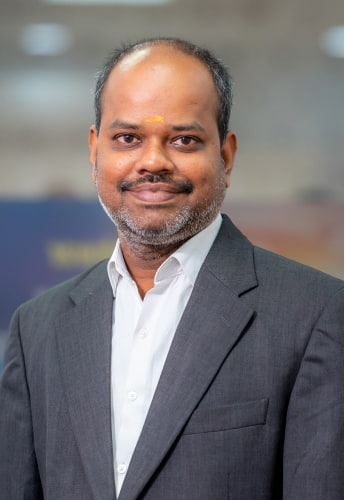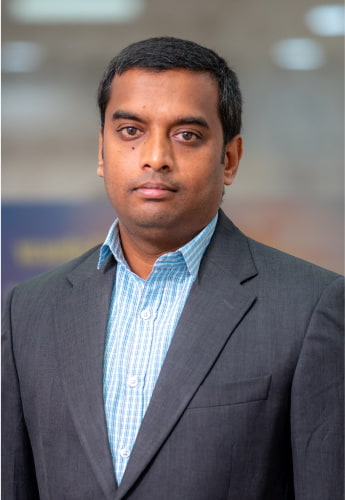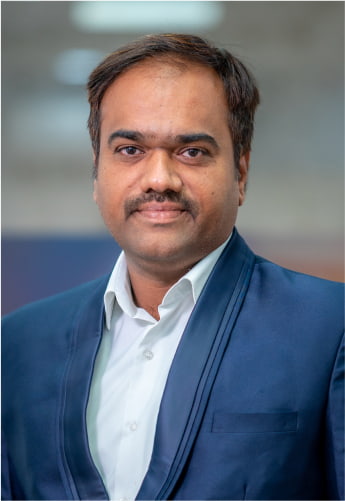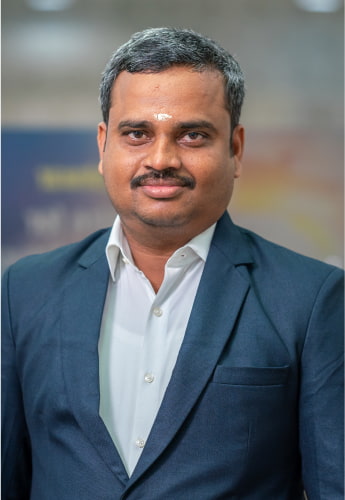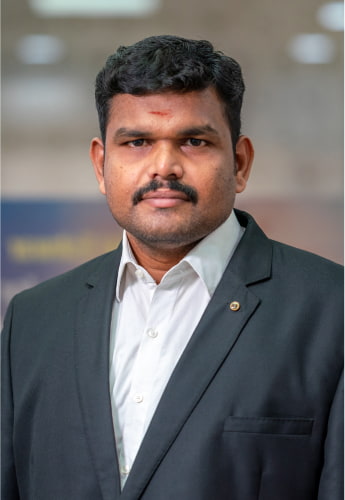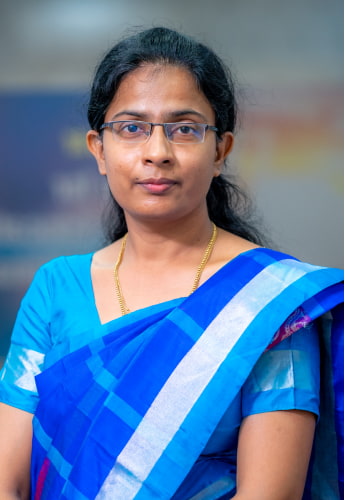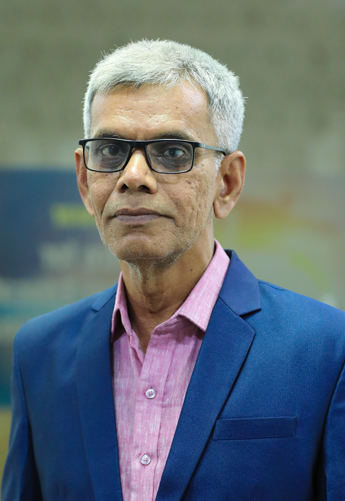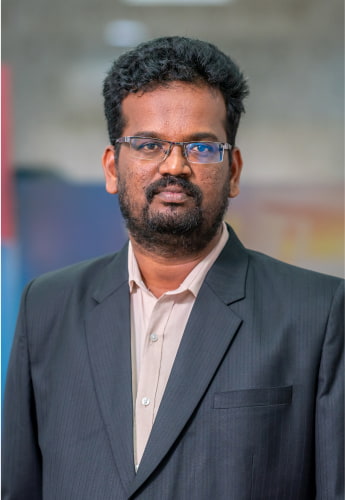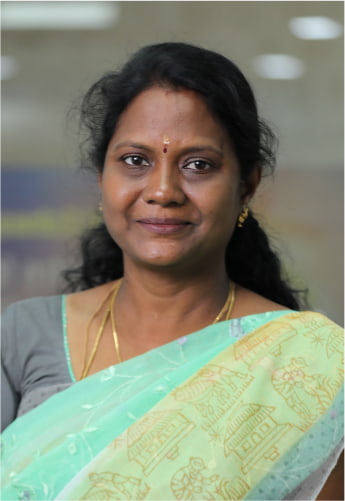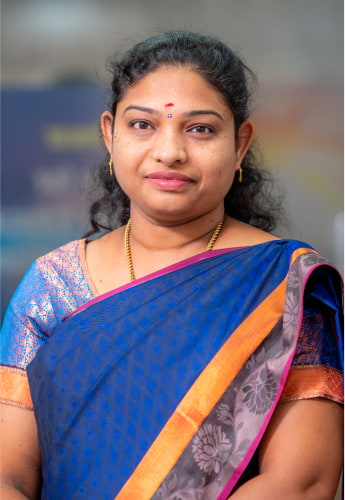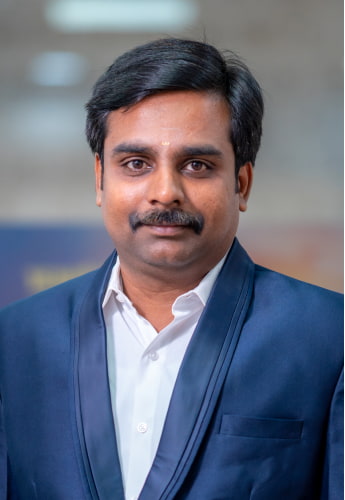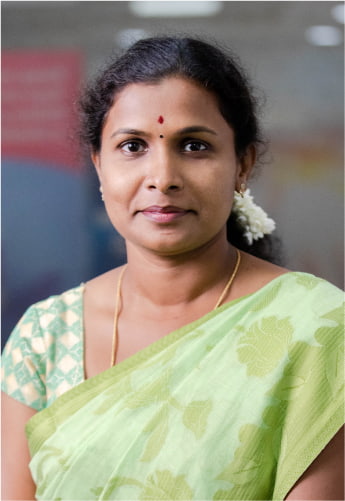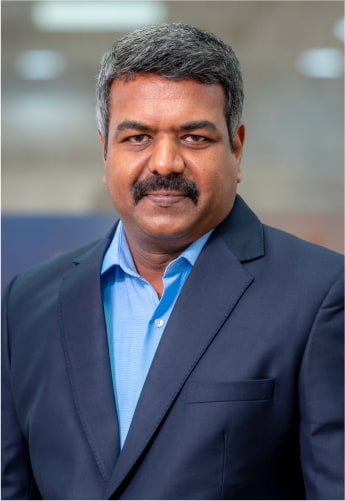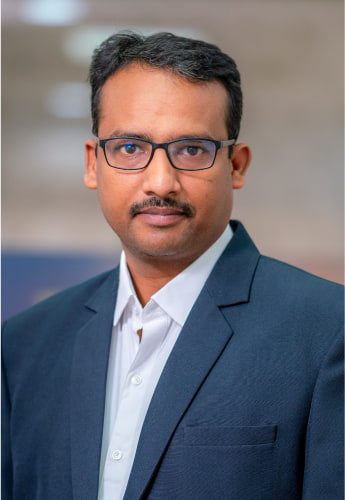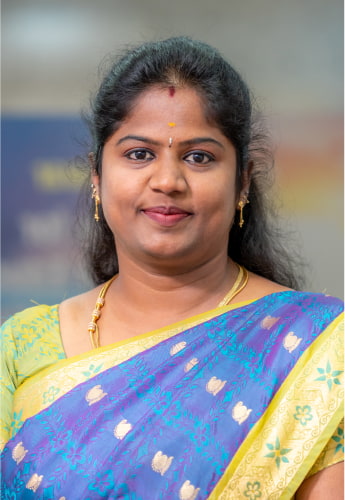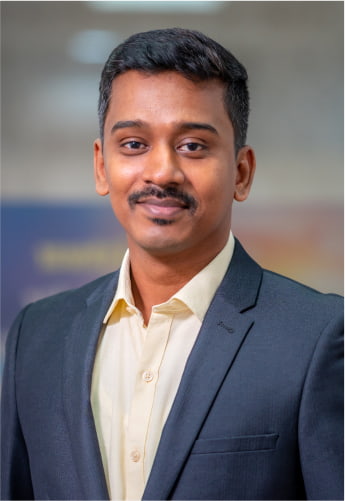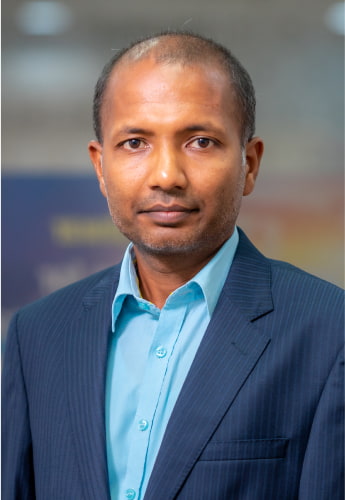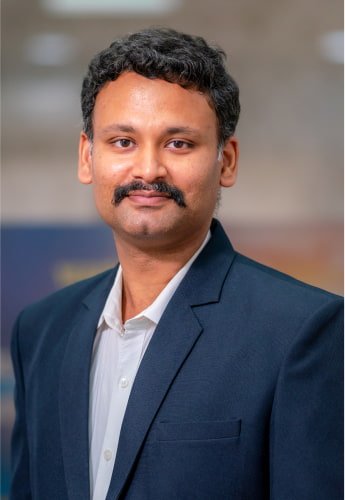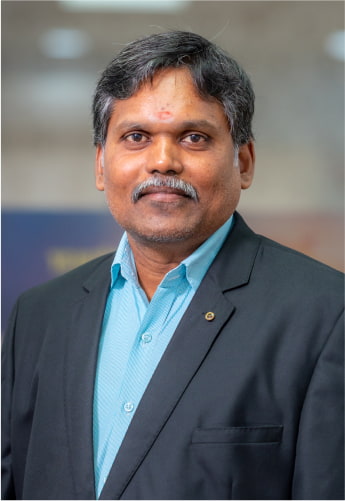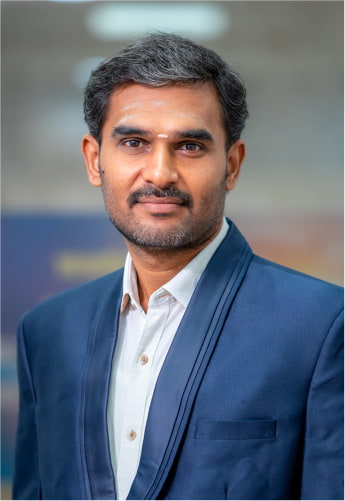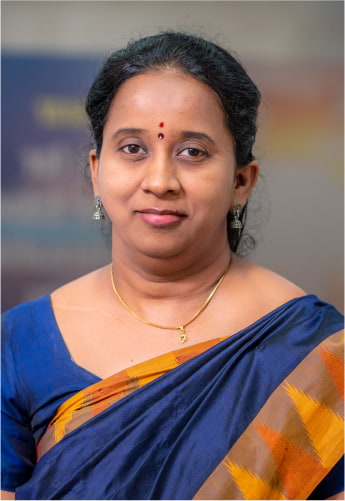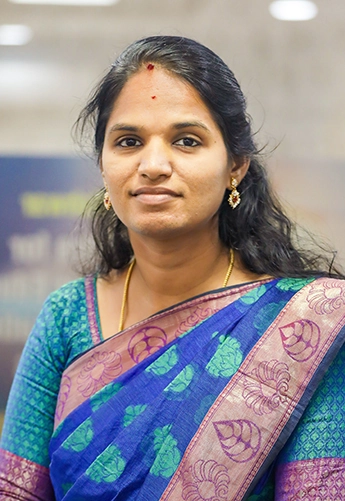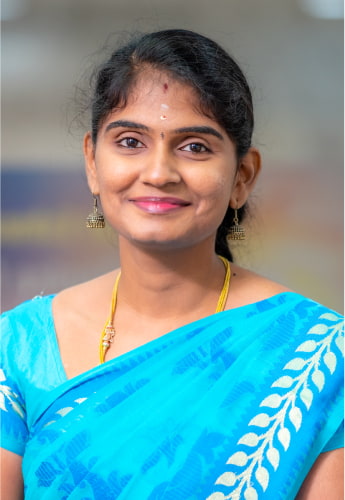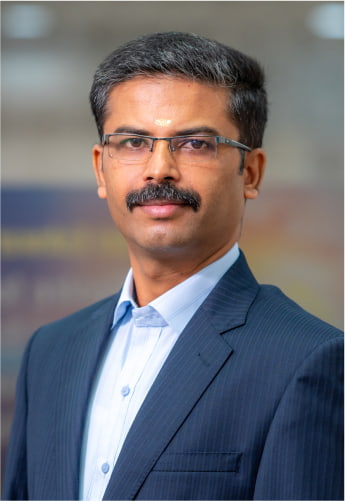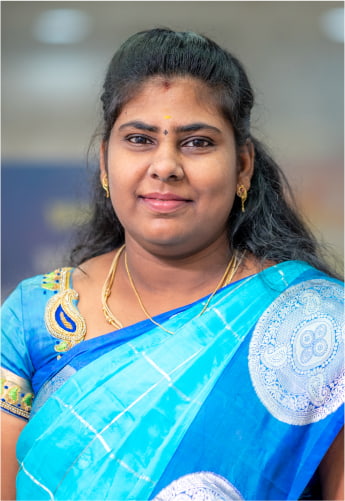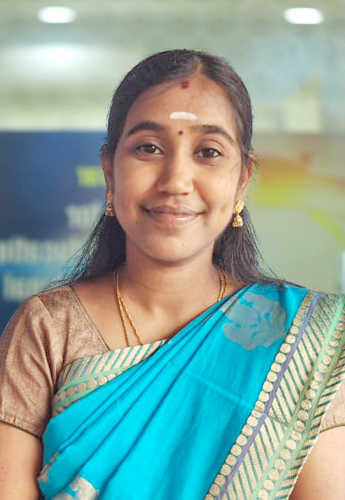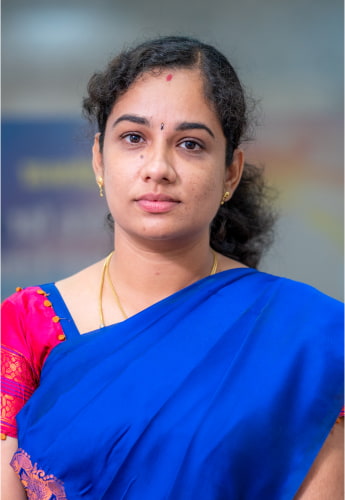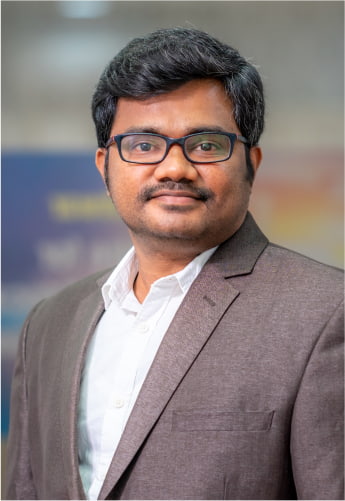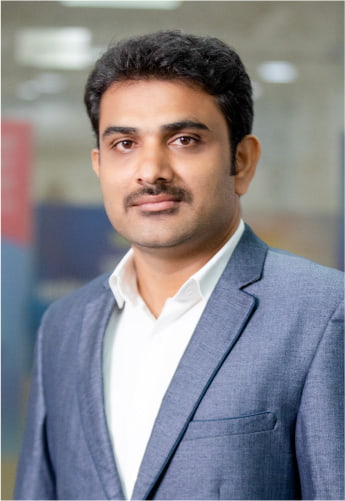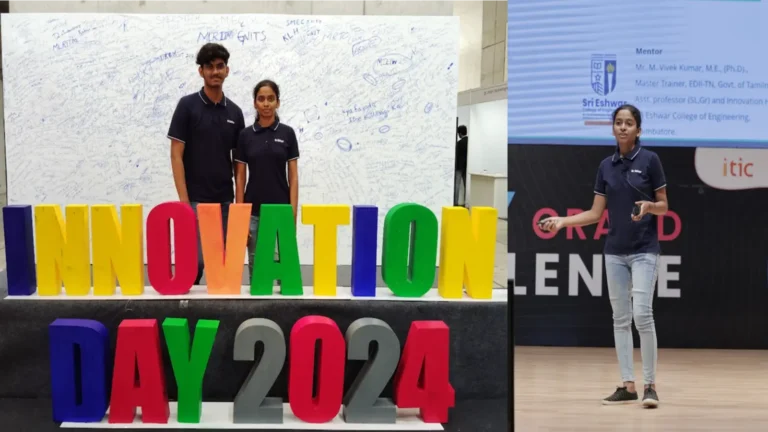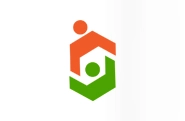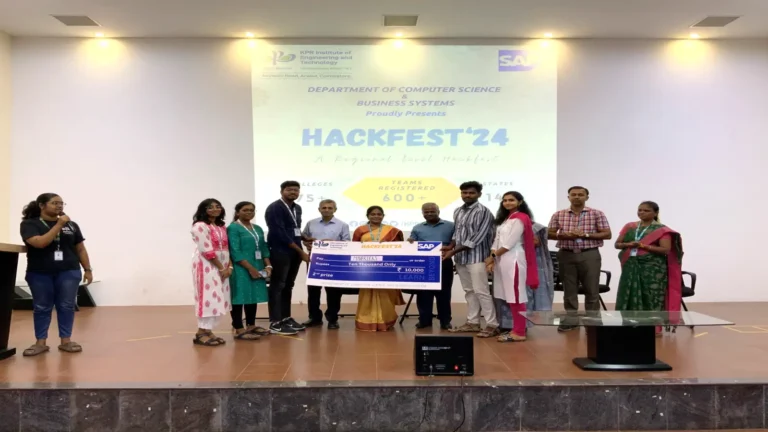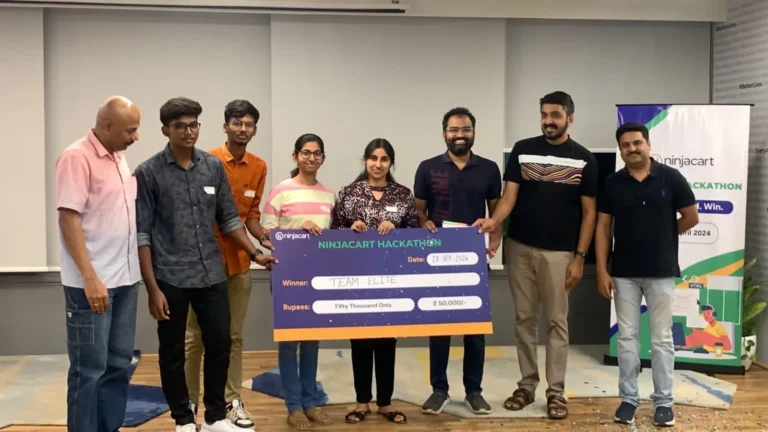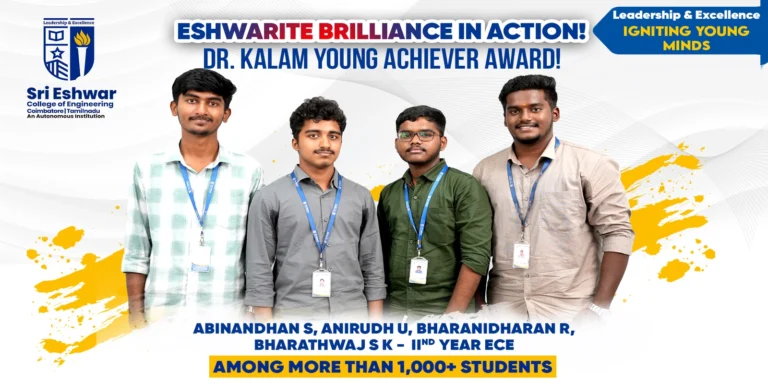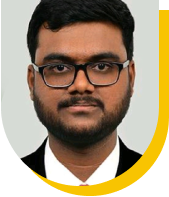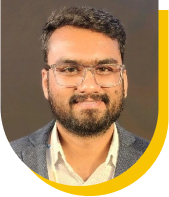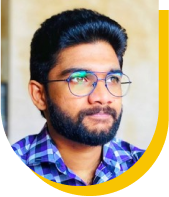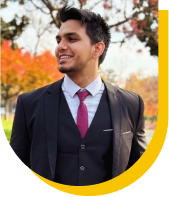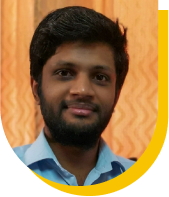ELECTRONICS & COMMUNICATION
ENGINEERING
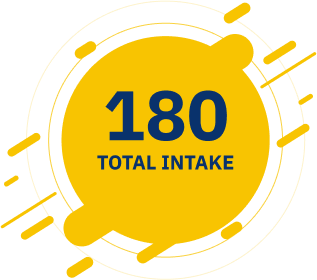
HIGHEST SALARY PACKAGE
PATENTS
PROGRAMME SCOPE
Over the last decade, Electronics and Communication systems have become an integral part of our lives like never before. The modern-day sophistication enjoyed by the common public, like smart phones, incredibly thin computing devices, Ultra HD Television systems, interconnected wireless nodes, etc., is the outcome of innovations of world’s best Electronic and communication engineers.
The technological advancements in this field have shrunk the distance between continents, making global communication an affordable one for even a common citizen. The powerful fusion of VLSI, IoT and Networking has propelled the Electronics and Communication sector onto an accelerated growth trajectory, paving the way for extensive career prospects for emerging Electronics engineers.
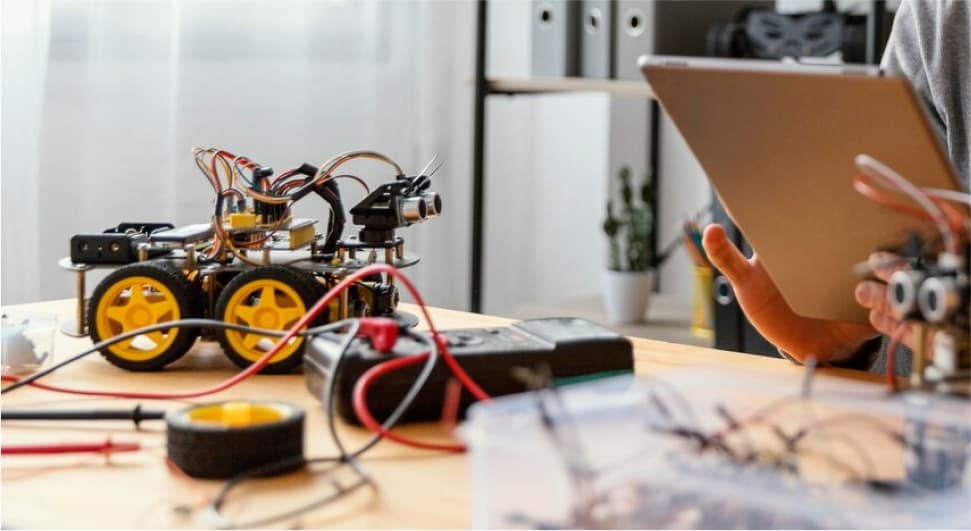

LEARNING SCOPE
Sri Eshwar’s ECE programme is supported by a team of right blend of rich technical knowledge and experienced faculty members to ensure students receive robust education in essential subjects such as Circuit Theory, Electronic Devices and Circuits, Digital Systems, Antennas, Communication Systems, Embedded Systems, Signal Processing, VLSI Technology, Wireless Communication, and Programming skills to meet the demands of the Hardware and Software industry. Moreover, students gain exposure to cutting-edge advancements in latest technologies like Artificial Intelligence, IoT, Machine Learning, and modern EDA tools, aligning them with current industry demands and technological trends.
CAREER PROGRESSION
With the Central Government’s “Make in India” policy, the Electronics manufacturing industry is poised to have exponential growth in India in the next decade and the ECE students will have abundant opportunities to contribute to that growth. The field of ECE is emerging as one of the most prominent fields of engineering studies with substantial demand for ECE engineers all over the world. Upon acquiring the core competencies in Electronics and Communication Engineering and its latest EDA tools, the students will be able to start their career as Embedded System Engineers, Electronics design engineers, Network engineers, Software developers, System Control Engineer, Electronics desing and development engineer, Electronics Engineer.

VISION
To groom students into futuristic and globally competent Electronics and Communication engineering professionals.
MISSION
To impart quality education with moral and ethical values to develop competent engineers, leaders and successful entrepreneurs
To establish state-of-art infrastructure and provide opportunities to update on emerging tools and technologies
To empower the faculty towards excellence in teaching – learning, consultancy, research and development activities
To foster socially relevant and industry oriented innovation among students.
PROGRAMME DETAILS
- PEO1: Pursue career in multinational organizations, research organizations and core industries, higher studies at premier institutions and establish start-ups.
- PEO2: Acquire core competencies in Electronics and Communication Engineering and exposure to latest Electronic Design Automation (EDA) tools.
- PEO3: Exhibit professional skills and collaborative work experience.
- PO1: Engineering Knowledge: Apply knowledge of mathematics, natural science, computing, engineering fundamentals and an engineering specialization to develop the solution of complex engineering problems.
- PO2: Problem Analysis: Identify, formulate, review research literature and analyze complex engineering problems reaching substantiated conclusions with consideration for sustainable development.
- PO3: Design/Development of Solutions: Design creative solutions for complex engineering problems and design/develop systems/components/processes to meet identified needs with consideration for public health and safety, whole-life cost, net zero carbon, culture, society, and environment as required.
- PO4: Conduct Investigations of Complex Problems: Conduct investigations of complex engineering problems using research-based knowledge including design of experiments, modelling, analysis & interpretation of data to provide valid conclusions.
- PO5: Engineering Tool Usage: Create, select and apply appropriate techniques, resources and modern engineering & IT tools, including prediction and modelling recognizing their limitations to solve complex engineering problems.
- PO6: The Engineer and The World: Analyze and evaluate societal and environmental aspects while solving complex engineering problems for its impact on sustainability with reference to economy, health, safety, legal framework, culture, and environment.
- PO7: Ethics: Apply ethical principles and commit to professional ethics, human values, diversity and inclusion; adhere to national & international laws.
- PO8: Individual and Collaborative Teamwork: Function effectively as an individual, and as a member or leader in diverse/multi-disciplinary teams.
- PO9: Communication: Communicate effectively and inclusively within the engineering community and society at large, such as being able to comprehend and write effective reports and design documentation, make effective presentations considering cultural, language, and learning differences.
- PO10: Project Management and Finance: Apply knowledge and understanding of engineering management principles and economic decision-making and apply these to one’s own work, as a member and leader in a team, and to manage projects and in multidisciplinary environments.
- PO11: Life-Long Learning: Recognize the need for, and have the preparation and ability for i) independent and life-long learning ii) adaptability to new and emerging technologies and iii) critical thinking in the broadest context of technological change.
- PSO1:Interpret and Design Electronic systems using Internet of Things, VLSI Technology and Efficient signal processing algorithms
- PSO2:Apply knowledge to solve challenges in Communication Systems and Networks
Corporate ADVISORY BOARD
Dr.T.Anbalagan
System PR Robert Bosch India (P) Ltd

Dr.Shriram K Vasudevan
Lead-Technical Evangelist, Intel

Mr. R.Vigneshwaran
Sr.Manager- Software, VVDN Technologies

Mr.Pragadeesh R
KLA-Tencor Networks

ENHANCED LEARNING
LABS
- Electron Devices and Analog Electronic Circuits Laboratory
- Digital System Design Laboratory
- Microprocessor and Embedded Systems Laboratory
- Digital Signal Processing Laboratory
- Communication Systems Laboratory
- VLSI Design Laboratory
- Computer Networks and Security Laboratory
- Microwave and Optical Communication Laboratory
- Programming Languages Laboratory
VALUE ADDED COURSES
- Functional Electronics and PCB Prototyping
- RTL Design using Verilog
- ASIC Design and Verification
- Mastering Advanced Microcontrollers
- Edge Computing and IoT Integration
- Data Visualization Strategies for IOT
- CISCO Routing and Switching Certification (CCNA)
- Exploring Generative AI
INNOVATIVE TEACHING
- Experiential Learning through tools and simulations
- Hands-on learning through Digital prototyping using TinkerCAD
- Think-pair-share
- Hands-on coding and simulation
- Collaborative Learning through the Jigsaw Method
- Problem-Based Learning (PBL) with GATE Questions
- Concept mapping and analysis
- Cloud based collaborative learning using Colab
- Flowchart based problem solving using Raptor
- Interactive Code Debugging with GDB Compiler
Head of the department
FACULTY MEMBERS
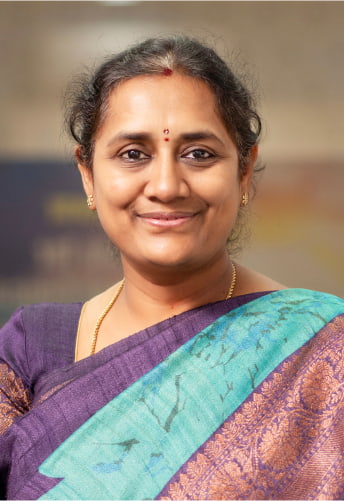
Dr.Sudha Mohanram
Professor & Principal
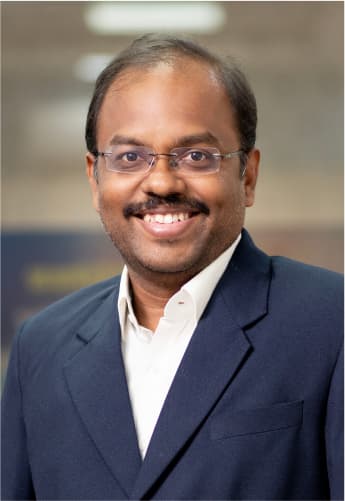
Dr.M.Lakshmanan
Professor & Dean
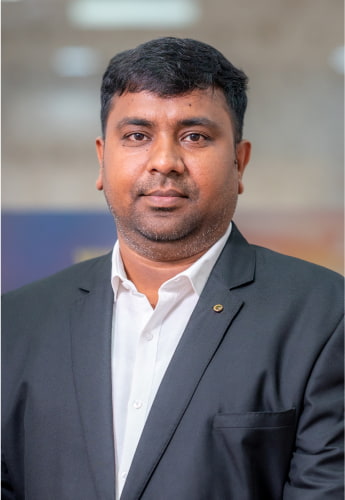
Dr.J.Arun
Associate Professor
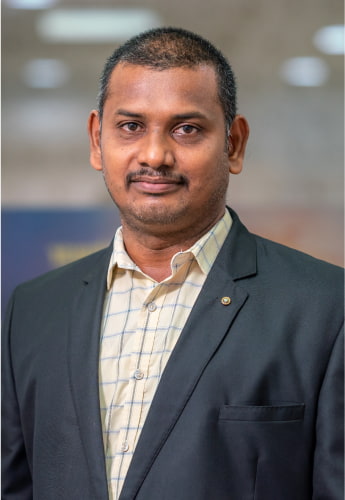
Mr.B.Sakthi Kumar
Assistant Professor
STUDENTS ACHIEVEMENTS
RESEARCH
Research work is a big part of every department at Sri Eshwar. Here’s the roundup of the research work – publications, patents, grants, seed funds, consultancy projects and the scholars/supervisors for the department
AU APPROVED
RESEARCH
supervisors
research
facilities
Publications
patents
research
grants &
seed funds
consultancy projects
INDUSTRY COLLABORATION
Each department has connections with relevant industry professionals, tie-ups through MOUs with companies in order to facilitate Internships, Industry visits, Projects, Knowledge Sharing Expert Sessions by industry experts. This greatly helps us bring in the industry-perspective into the courses being taught and a hands-on learning for the students.
mous
industry
visits
internships
coe
activities
projects
RECRUITERS





























ALUMNI TESTIMONIALS
ECE DEPARTMENT OFFICE
Dr.N.Shanmugasundaram
Professor & Head, ECE
+914259200350
Email: hodece@sece.ac.in
Ms.S.Priyadharshini
Dept. Office Secretary, ECE
+914259200341
Email: ece_support@sece.ac.in






